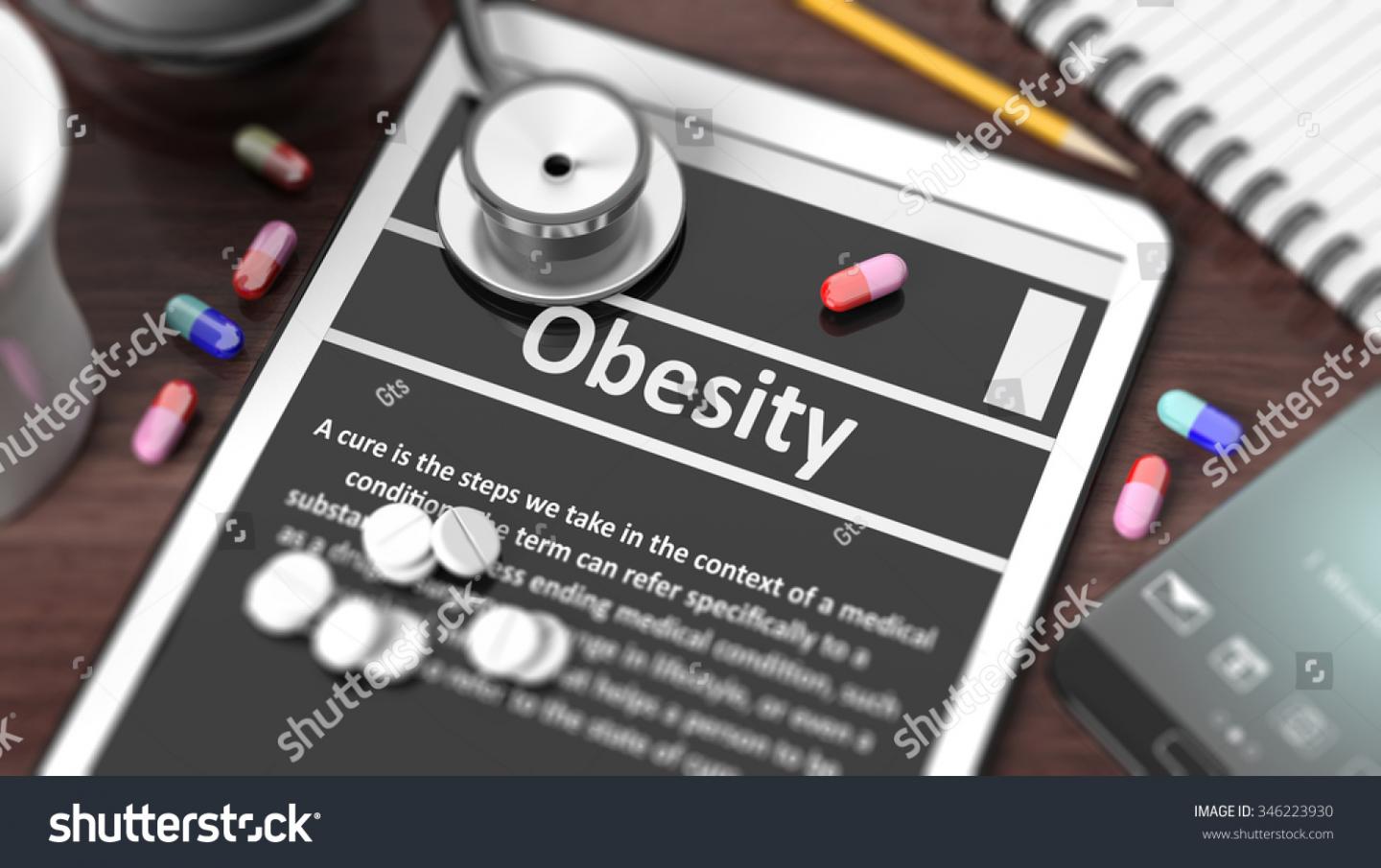
Credit: Photo courtesy of UTSA
(San Antonio, July 10, 2019) — Almost four in 10 adult Americans are obese, according to the U.S. Centers for Disease Control and Prevention. What’s more alarming is that in the past two decades alone, in states such as Texas, the share of obesity among residents has tripled. If left unchecked, obesity can even lead to more serious problems including high blood pressure and deadly strokes.
To help mitigate rising obesity rates, The University of Texas at San Antonio (UTSA) has received funding to use a novel approach that inhibits the activity of a human protein that is thought to contribute to bad cholesterol.
Assistant Professor Francis Yoshimoto from the UTSA Department of Chemistry will design and test a protein blocker against the enzyme cytochrome P450 8B1 (P450 8B1). In previous research conducted by drug manufacturers, mice lacking the gene that expresses this protein have a lower risk of developing diabetes, heart disease, and stroke. They also resist weight gain.
“The scientific community has a hole in the knowledge,” said Yoshimoto. “We still have much more to learn about the functions of P450 proteins.”
Cytochrome P450 enzymes (P450s or CYPs) are found in all living things, including plants. Humans have 57 P450 enzymes. The activity of the P450 8B1 enzyme is associated with obesity.
In the past, Yoshimoto and his collaborators discovered how the P450 class of enzymes metabolize cholesterol, serve as catalysts to produce oxysterols (a class of hormones) and assist the human liver in processing drugs. However, when these enzymes become overactive, they can impair a cell’s metabolic processes. One particular P450 can even produce estrogen, which helps certain types of cancer grow.
Yoshimoto was inspired by previous studies at Merck. In those studies, transgenic mice lacking the gene encoding for P450 8B1 were used, and despite eating a high fat diet, they still maintained a lean weight.
The UTSA researcher then looked at the current cancer drug abiraterone, a derivative of progesterone that is used to shrink prostate cancer, and had a eureka moment.
Yoshimoto intends to use the same mechanism as abiraterone’s to shut down P450 8B1. He believes the introduction of a pyridine in the substrate backbone will inhibit the iron active site in P450 8B1.
He has a patent pending on his innovative approach.
“No one has worked on P450 8B1 in this way,” said Yoshimoto. “The beauty of the design is that it uses the same approach as a successful prostate cancer inhibitor.”
Yoshimoto’s medicinal chemistry research is made possible by the Max and Minnie Tomerlin Voelcker Fund, which is contributing $450,000 to support the work. The Voelcker Fund supports promising medical research that has the potential to have a significant impact on patient care.
“The end goal is to make a drug that fights obesity,” said Yoshimoto.
This project is an example of UTSA’s commitment to solving society’s most pressing global health challenges.
###
Media Contact
Christi Fish
[email protected]
Original Source
https:/




